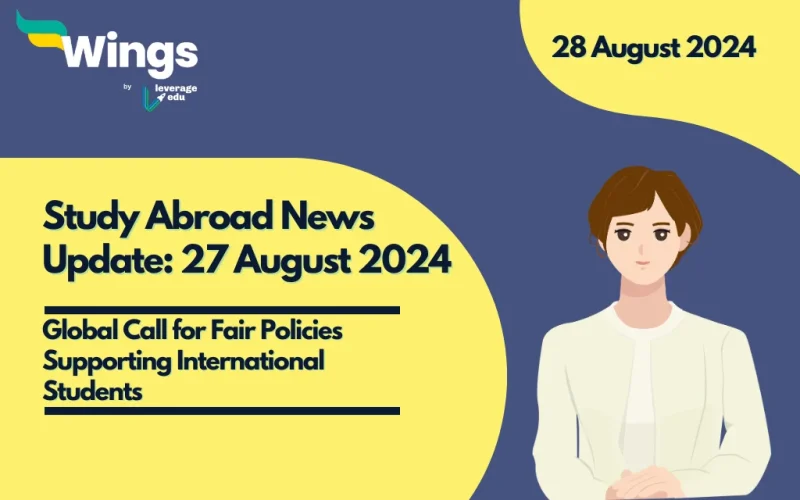Recently, many countries have begun implementing strict guidelines affecting international students, such as caps on admissions, limitations on job opportunities, and more complex arrival procedures. While these measures aim to address national concerns, they significantly impact the right to education and global academic exchange.
Challenges Facing International Students
International students are increasingly facing significant barriers due to these new regulations. For instance, some countries have imposed caps on the number of international students allowed in educational institutions. This restriction limits opportunities and hinders the global exchange of ideas.
Furthermore, limitations on work rights during studies can impede students from gaining practical experience and financial support. Many students depend on part-time jobs to fund their education, and strict work hour regulations make it challenging to balance work and studies effectively.
The Right to Education
The right to education is a fundamental human right, as outlined in several international agreements. These agreements affirm that everyone should have access to education, regardless of nationality. Restricting this right for international students undermines their potential and limits their contributions to society.
Here’s a summary of how the right to education is defined and protected internationally:
Universal Declaration of Human Rights (UDHR)
Article 26: Declares that everyone has the right to education. It states that education should be free at least at the elementary and fundamental levels. Elementary education should be compulsory, while technical and professional education should be widely available.
Convention on the Rights of the Child (CRC)
Article 28: Ensures that every child has the right to education, aiming to develop the child’s personality, talents, and mental and physical abilities to their fullest potential.
Article 29: Emphasizes that education should prepare children for a responsible life in a free society, fostering understanding, peace, and tolerance.
International Covenant on Economic, Social and Cultural Rights (ICESCR)
Article 13: Recognizes the right to education as a fundamental human right, specifying that education should be accessible to all, aimed at the full development of the human personality and respect for human rights.
Education for Sustainable Development (ESD)
Promoted by UNESCO, ESD emphasizes that education should empower individuals to contribute to sustainable development, incorporating environmental, social, and economic dimensions.
Global Development Goal 4 (SDG 4)
Part of the United Nations’ 2030 Agenda for Sustainable Development, SDG 4 aims to “ensure inclusive and equitable quality education and promote lifelong learning opportunities for all.” This goal commits to providing education without discrimination, improving access to quality education, and ensuring that all learners acquire relevant skills.
Balancing National Interests and Global Responsibilities
Countries need to balance their national interests with their global responsibilities. While managing educational resources and maintaining quality are important, it’s crucial that international students have fair access to educational opportunities. Restrictive policies not only affect students but also diminish the benefits of international academic collaboration.
Supporting Inclusive Policies
Countries can better support international students by adopting flexible and inclusive policies. For instance, extending work rights during studies can help students gain practical experience and financial support. Additionally, simplifying visa processes and providing clear information about entry requirements can reduce delays and confusion, making it easier for students to begin their studies.
Encouraging Global Cooperation
Global cooperation is essential for addressing the challenges faced by international students. By working together, countries, educational institutions, and international organizations can develop best practices and policies that support international education. This collaboration can create a more inclusive environment for students worldwide.
Conclusion
Upholding the right to education for all students, including those studying abroad, is crucial for fostering global academic collaboration. While national concerns are valid, it is essential to implement policies that support the educational goals of international students. By encouraging fair and inclusive practices, countries can enhance global academic exchange and contribute to a more interconnected and understanding world.
Stay informed about the Study abroad news update with Leverage Edu News Desk and plan your journey with Leverage Edu today!


 One app for all your study abroad needs
One app for all your study abroad needs












 60,000+ students trusted us with their dreams. Take the first step today!
60,000+ students trusted us with their dreams. Take the first step today!